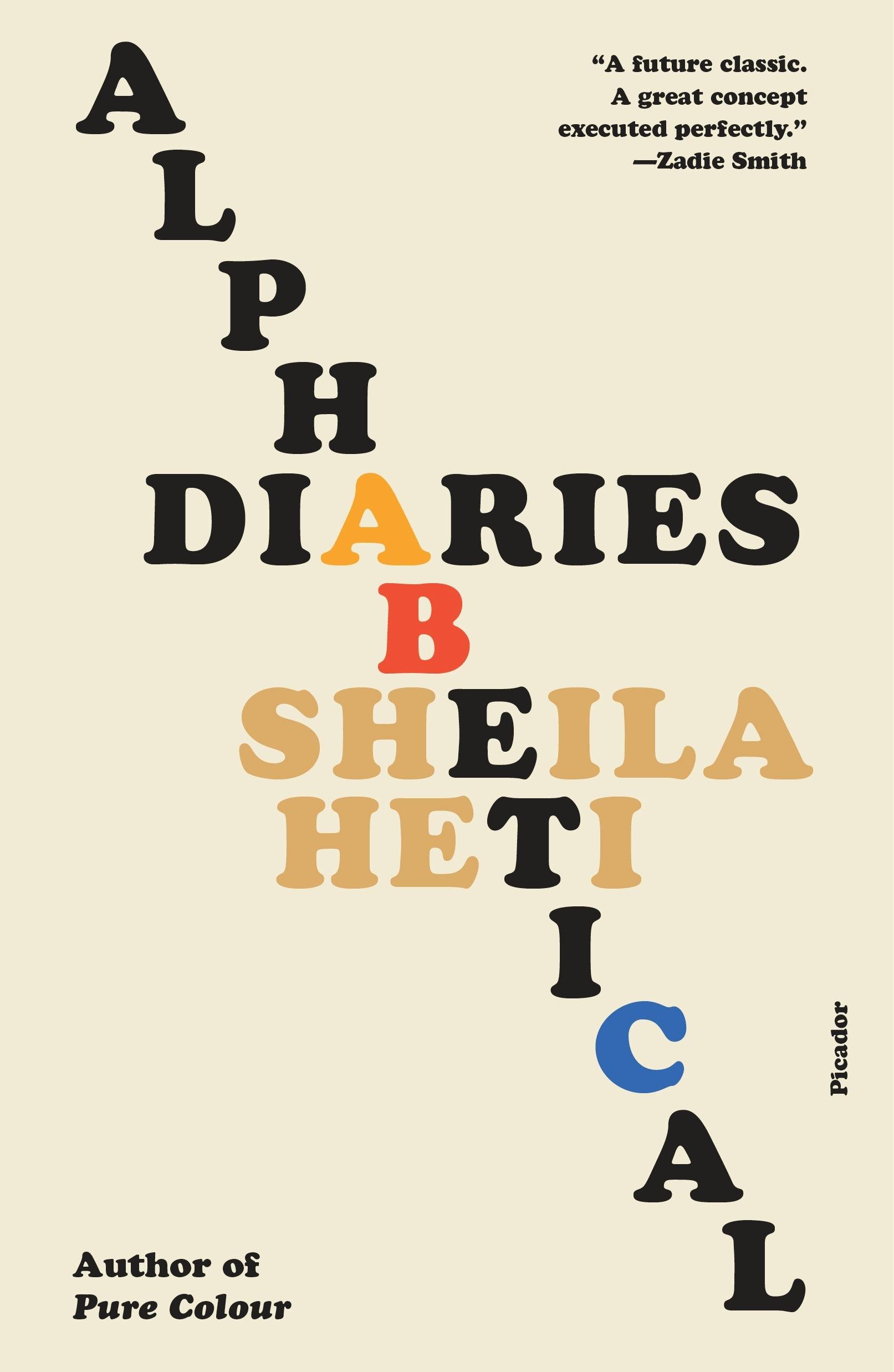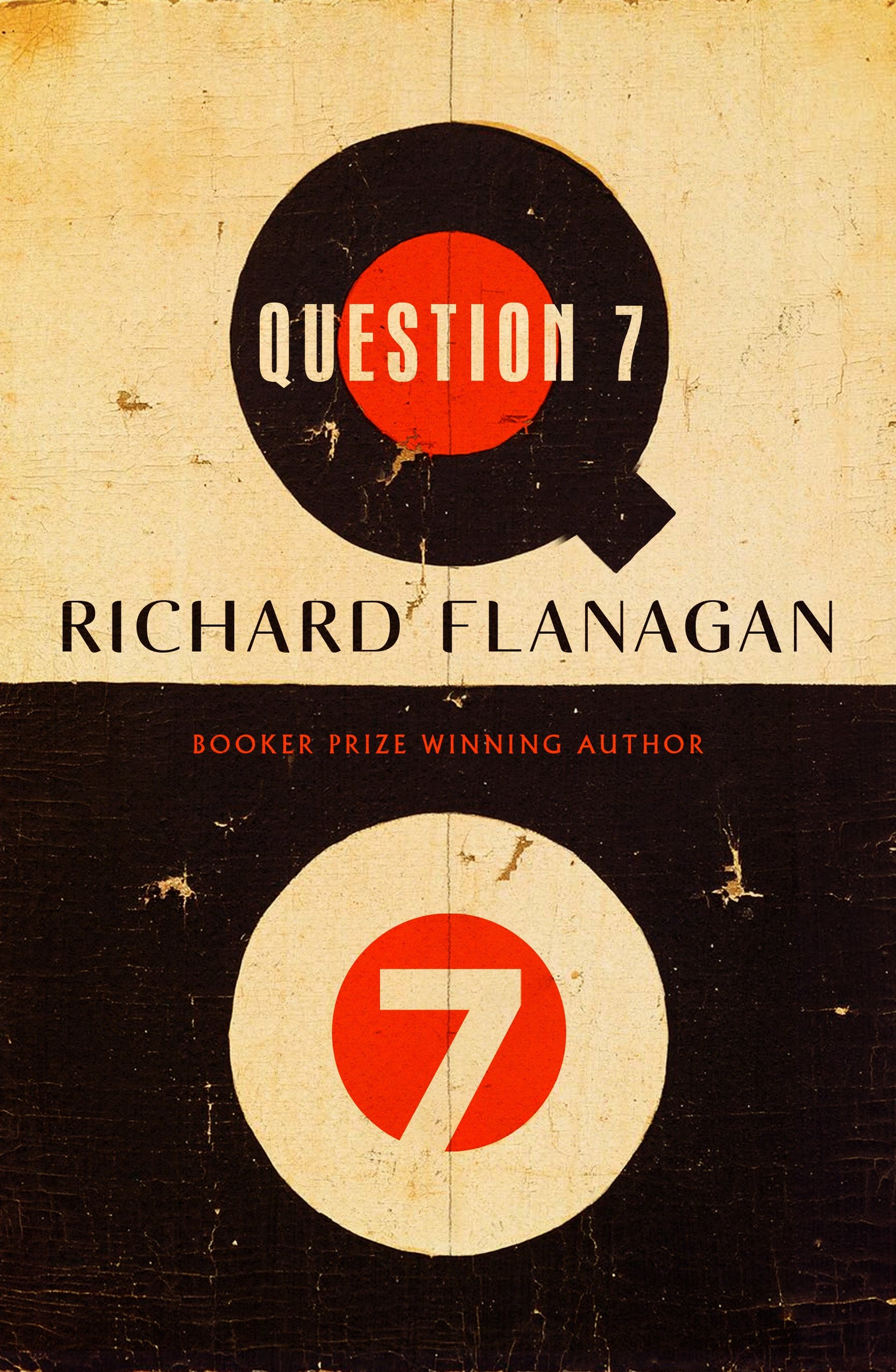Books of the Year 2024
So here are my books of 2024 (not all published in this year). For reviews of many of them, go to my books page.
In older books, it would be hard for anything written now to compete with Middlemarch, one of the greatest novels ever written, which I re-read slowly over the summer with enormous pleasure.
Recent Books of the Year:
2023: Laura Cumming: Thunderclap: a memoir of art and life & sudden death.
2022: Katherine Rundell: Super-Infinite: the Transformations of John Donne.
2021: Claire Keegan: Small Things Like These.
2020: James Shapiro: Shakespeare in a Divided America.
2019: Robert Macfarlane: Underland: a Deep Time Journey.
2018: David Park: Travelling in a Strange Land.
2017: Tim Winton: The Boy Behind the Curtain: notes from an Australian Life.
2016: Kent Haruf: Our Souls at Night.
2015: James Shapiro: 1606: William Shakespeare and the Year of Lear.
Fiction of the Year
Tim Parks provided double pleasure this year, with his pandemic novel Hotel Milano and, more recently, Mr Geography, which tells the story of the affair a headmaster has with a parent that has disastrous consequences. You are always in good hands with Parks, who knows how to shape a story. George Saunders in Liberation Day also truly knows how to do the same, though this time in the short form (and ‘Love Letter’ felt like the story for our times this autumn). Sarah Gilmartin’s Service, set in a high-end Dublin restaurant, is zippy and thrilling, just the thing for the sofa when you’re exhausted by your own efforts in the kitchen.
Claire Kilroy’s Soldier Sailor presented a blistering vision of motherhood. I was touched by Jeremy Cooper’s Brian, about a man whose life is led through his visits to the cinema. Sally Rooney’s Intermezzo wasn’t perfect (what is?) but I flew through its richly-written pages. Samantha Harvey’s Orbital won the Booker Prize, slightly to my surprise, but its delicacy, and literal overview of humanity, were both interesting. Roy Goddard’s Morant was odd, compelling and unique: in a few year’s time will it have been totally forgotten, or regarded as an extraordinary achievement?
I’m never going to stop reading Donna Leon’s Brunetti series, having started decades ago with her first. Her 33rd, A Refiner’s Fire, brought us once again back to the Venice of that most sympathetic and civilised detective. Another favourite annual read, Michael Connelly of the Bosch (and other books): this time, Resurrection Walk.
Non-Fiction of the Year
James Shapiro has twice provided my book of the year (1606: Shakespeare and the Year of Lear, and Shakespeare in America). The Playbook, about the Federal Theatre Project of the 1930s, was very much of the moment as America’s culture war gathered further momentum. Clair Wills’s Missing Persons, or my Grandmother’s Secrets, was moving and fascinating in its unpicking of Ireland’s too often shame-ridden past (and helpful hinterland reading too for Claire Keegan’s Small Things Like These, my book of 2021). Katriona O’Sullivan’s Poor was bleak at times but not in the end depressing: she gave a vibrant keynote address at the October conference of the Irish National Organisation for Teachers of English.
Victoria Kennefick’s second poetry collection egg/shell was powerful, and moving, and confirmed her facility with form. Brian Klaas’s Fluke: Chance, Chaos, and Why Everything We Do Matters presented its ideas about contingency and convergence through expertly-told stories. Naomi Klein’s Doppleganger: a trip into the mirror worldfascinatingly told her own story prompted by the many people who confuse her with Naomi Wolf. Daisy Christodoulou is one of our best writers about education: her fun short book about football’s Video Assistant Referee system, I Can’t Stop Thinking About VAR, had lessons about technology well beyond sport.
Last Christmas Santa brought me Benjamin Moser’s The Upside-Down World - meetings with the Dutch Masters, as I hungered for more Dutch art after my Book of 2023, Laura Cumming’s Thunderclap. Not at the level of Cumming, but still a great pleasure to spend time in the world of the Dutch Golden Age.English
English
A category for books I read partly for professional reasons, as an English teacher. Judi Dench’s Shakespeare: the Man Who Pays the Rent was joyous: decades of deep knowledge of the plays from the perspective of a truly great - and slightly naughty - performer. Priceless. Check out the anecdote about Gloucester’s eyeball. I was the perfect target market for Carol Atherton’s Reading Lessons: the books we read at school, the conversations they spark and why they matter. More joy: an experienced English teacher writing about the many and varied impacts books like To Kill a Mockingbird, I Know Why the Caged Bird Sings and Death of a Salesman have in the classroom. Jonathan F.S. Post’s Elizabeth Bishop in the ‘Very Short Introduction’ series was perfect: succinct and intelligent analyses of some of the poems of one of the very best twentieth century poets. And as an educator (and parent), the difference Jonathan Haidt’s The Anxiety Generation made was most important.
Special Mention
goes to Nicholas Olsberg’s stunning illustrated biography of the architect William Butterfield, and account of the many buildings he designed in the Nineteenth Century, The Masterbuilder. I wrote about it.
Book of the Year?
Well, this time I don’t know how to select just one. So the ‘title’ is shared. Here are two books I need to re-read, because I suspect their full riches will only then reveal themselves. They’re both risky books, and I understand why someone else would not like either.
Sheila Heti’s Alphabetical Diaries made me think about how lives are lived (including my own) like no other in these 12 months. It could have been a gimmick, but instead it is touching, funny, thought-provoking. Some thoughts.
Richard Flanagan’s Question 7 is unclassifiable. A kind of memoir, but so much more. It drew together a lot of threads, some of which echoed in my own life. Like Heti’s book, it makes you think deeply about yourself.




